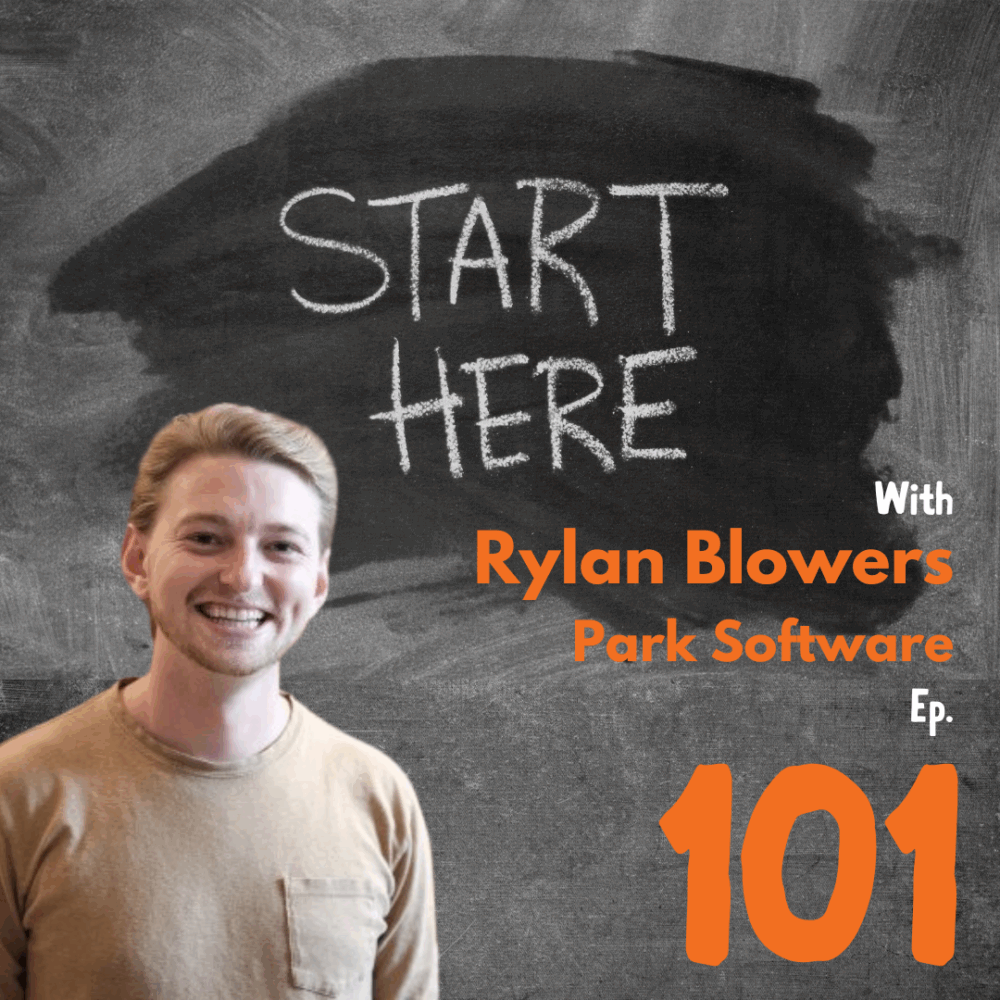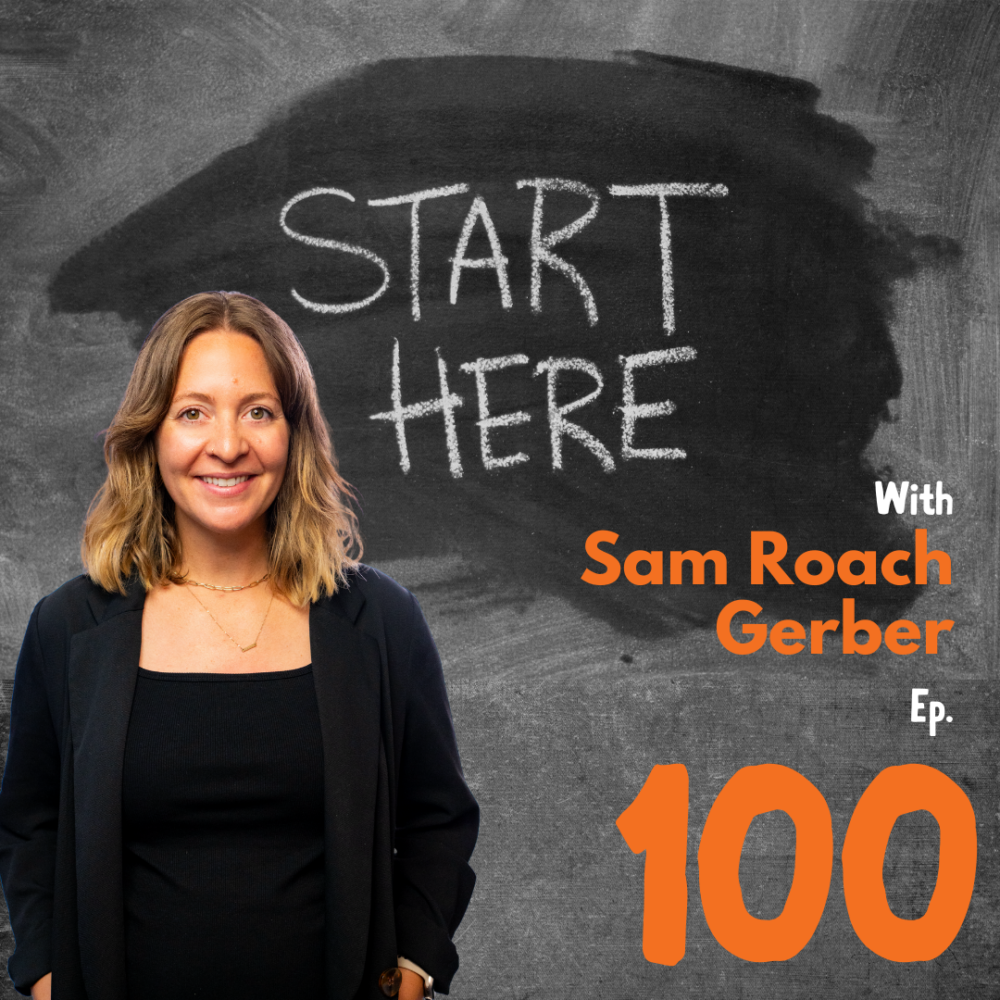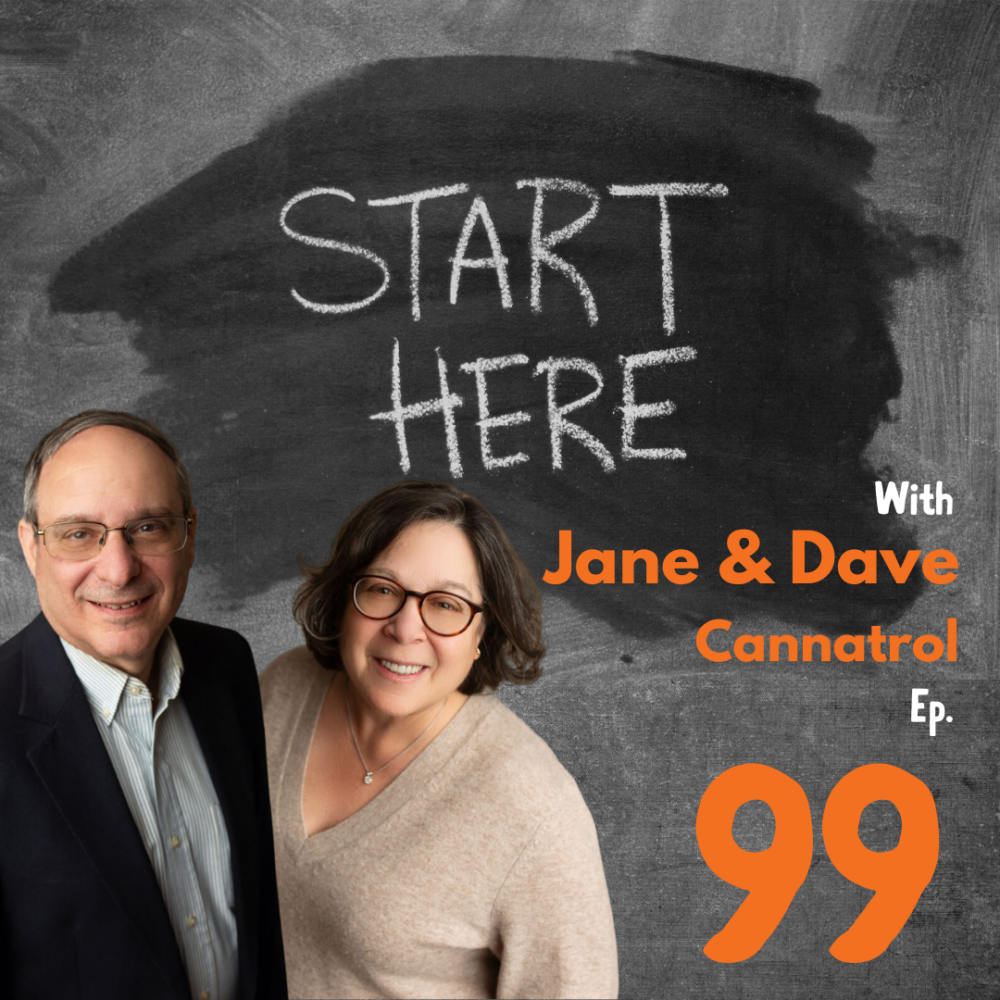Paula Routly / Seven Days
Start Here Podcast | Episode #87 | 2/15/24
This week we sat down with Paula Routly, co-founder, publisher, and editor-in-chief of the legendary Seven Days. This ex-ballerina, Middlebury College alumna, and beloved Vermonter has done it all. Tune in for Paula’s compelling career advice for young writers, thoughts on succession planning, and invaluable insights on how she has kept local journalism alive and well for nearly 30 years.
Transcript coming soon.



